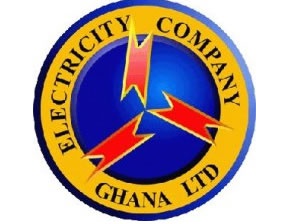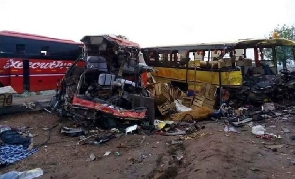The Electricity Company of Ghana (ECG) owes the Ghana Grid Company Limited (GRIDCo) in excess of GH¢160 Million.
Mr Bernard Justice Tekpor, Chairman of the Senior Staff Association (SSA) of the Company disclosed this at the opening of their Second Biennial Congress at Abesim near Sunyani.
The two-day congress on the theme Delivering Quality Electricity Services in a Challenging Tariff Regime, was attended by 120 delegates, made up of engineers, technicians, human resource personnel and accountants.
It aimed at reflecting on challenges facing the company as partners in corporate governance. Hence the quest by the Company to deliver quality, efficient and reliable electricity services to customers had become more challenging because of the rapid increase in the capacity and size of the transmission network, Mr Tekpor said.
He said the situation had therefore compelled management to restructure the company's operations, in an effort to speed up response and reduce turnaround time by decentralizing authority and material supplies.
The operations and maintenance of the network had been divided into Northern and Southern Networks, under separate Directorates, besides the creation of two new operational areas, Prestea and Techiman, he added.
Mr Tekpor said power generation, transmission and distribution were commercial activities, like any other manufacturing or service product.
He explained that because of that it was categorized under essential services which was regulated closely by the government through the Public Utility Regulatory Commission (PURC).
Mr Tekpor expressed regret that transmission losses within the network which were still averaging about 4.5 per cent annually, had been a major financial drain on GRIDCo for 2013. The company cumulatively paid 10.7 million Ghana Cedis for loses above the 3.5 per cent threshold to the power generators, he added.
Mr Tekpor said electricity charges controlled the economy of developing nations and government interventions to set a sustainable tariff for the utility companies to deliver on their mandate and to keep them in business was therefore necessary.
Business News of Monday, 31 March 2014
Source: GNA
ECG owes GRIDCo GH¢160 million













